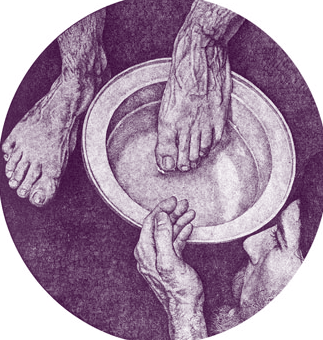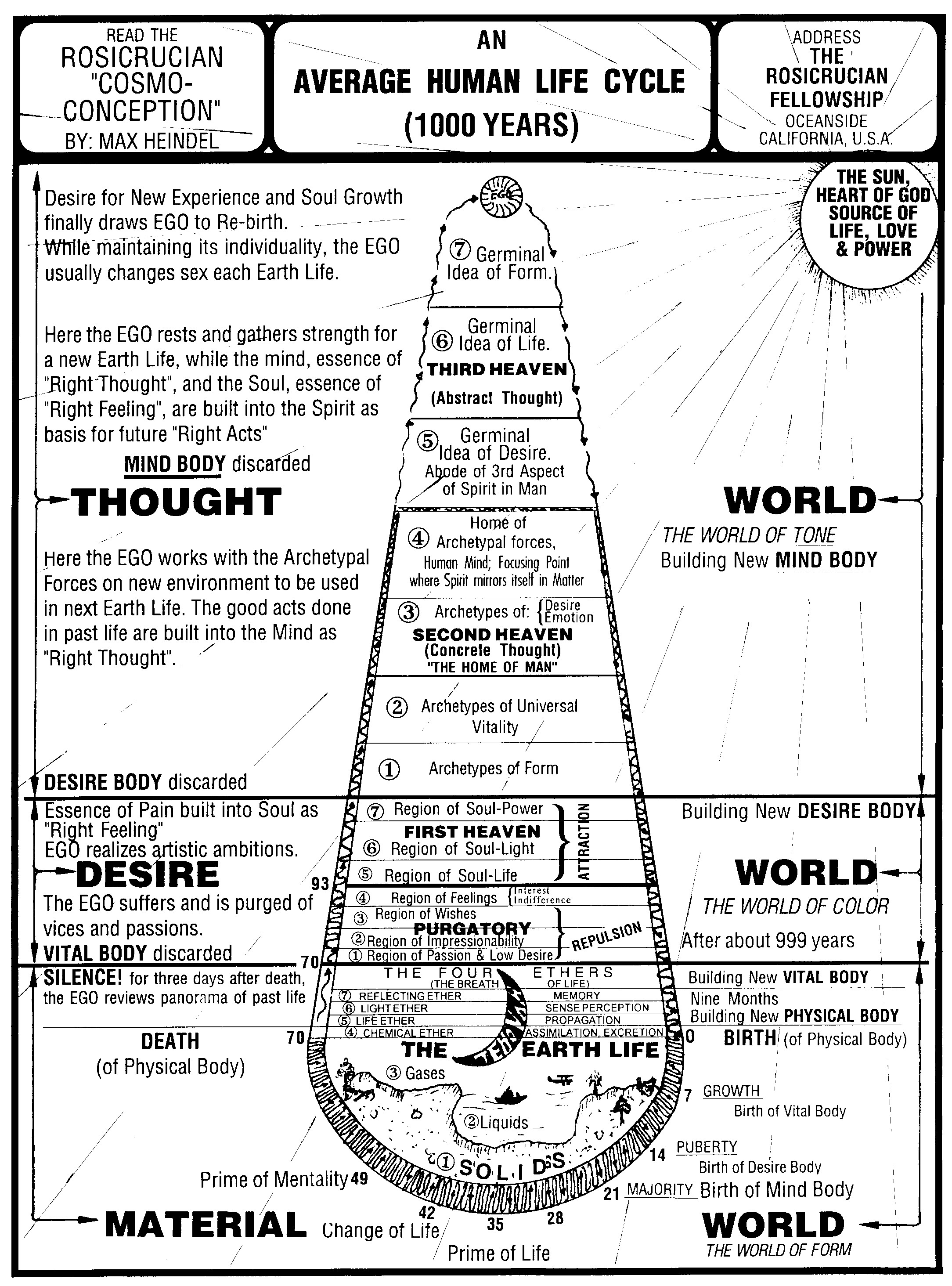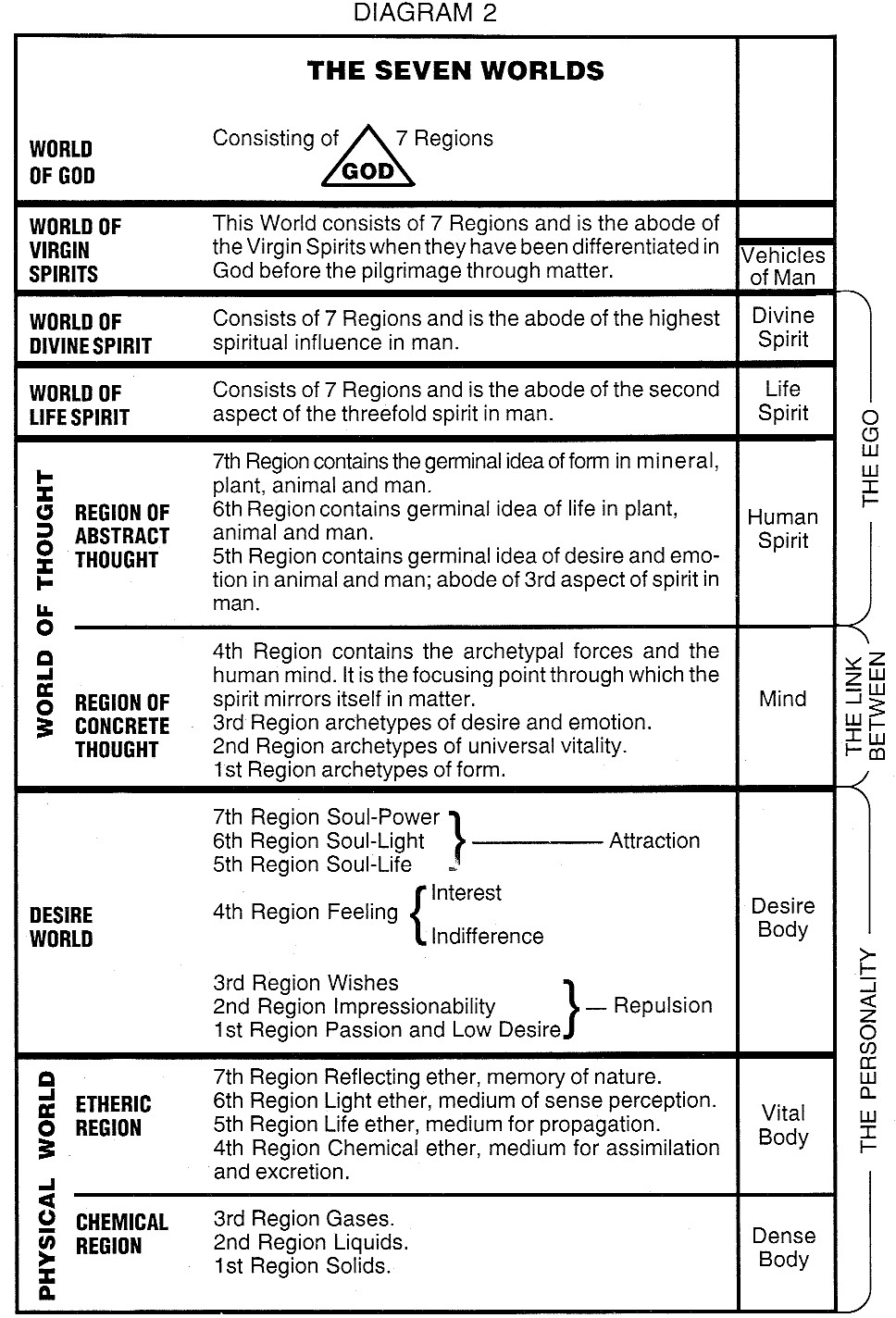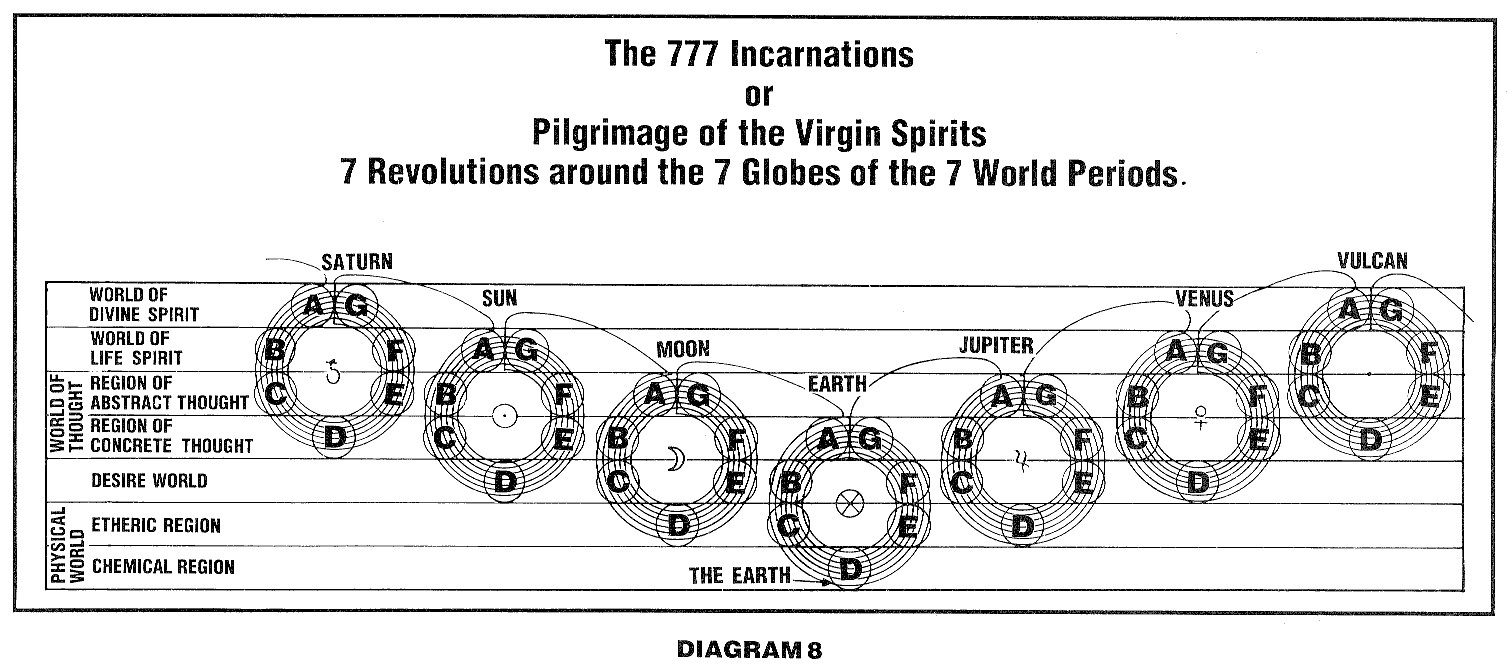
| rosicrucianU.com | ||
| Simplified Scientific Christianity |

References: Matthew 3:13-17; Mark 1:9-11; Luke 3:21-22; John 1:32-33.
The Sacrament of Baptism: As soon as the individual has entered upon the journey of life, the church admits him into its fold by the rite of Baptism which is conferred upon him at a time when he himself is irresponsible; later, when his mentality has been somewhat developed, he ratifies that contract and is admitted to Communion, where bread is broken and wine is sipped in memory of the Founder of our faith. Still farther upon life's journey comes the sacrament of Marriage; and at last when the race has been run and the Spirit again withdraws to God who gave it, the earth body is consigned to the dust, whence it was derived, accompanied by the blessings of the church.
In our Protestant times the spirit of protest is rampant in the extreme, and dissenters everywhere raise their voices in rebellion against the fancied arrogance of the priesthood and deprecate the sacraments as mere mummery. On account of that attitude of mind these functions have become of little or no effect in the life of the community; dissensions have arisen even among churchmen themselves, and sect after sect has divorced itself from the original apostolic congregation.
Despite all protests the various doctrines and sacraments of the church are, nevertheless, the very keystones in the arch of evolution, for they inculcate morals of the loftiest nature; and even materialistic scientists, such as Huxley, have admitted that while self-protection brings about the survival of the fittest in the animal kingdom and is therefore the basis of animal evolution, self-sacrifice is the fostering principle of human development. When that is the case among mere mortals, we may well believe that it must be so to a still greater extent in the Divine Author of our being.
Among animals, might is right, but we recognize that the weak have a claim to the protection of the strong. The butterfly lays it eggs on the underside of a green leaf and goes off without another care for their well-being. In mammals the mother instinct is strongly developed, and we see the lioness caring for her cubs and ready to defend them with her life; but not until the human kingdom is reached does the father commence to share fully in the responsibility as a parent. Among savages the care of the young practically ends with the attainment of physical ability to care for themselves, but the higher we ascend in civilization the longer the young receive care from their parents, and the more stress is laid upon mental education so that when maturity has been reached the battle of life may be fought from the mental rather than from the physical point of vantage; for the farther we proceed along the path of development the more we shall experience the power of mind over matter. By the more and more prolonged self-sacrifice of parents, the race is becoming more delicate, but what we lose in material ruggedness we gain in spiritual perceptibility.
As this faculty grows stronger and more developed, the craving of the Spirit immured in this earthly body voices itself more loudly in a demand for understanding of the spirit side of development. Wallace and Darwin, Huxley and Spencer, pointed out how evolution of form is accomplished in nature; Ernest Haeckel attempted to solve the riddle of the universe, but none of them could satisfactorily explain away the Divine Author of what we see. The great goddess, natural selection is being forsaken by one after another of her devotees as the years go by. Even Haeckel, the arch materialist, in his last years showed an almost hysterical anxiety to make a place for God in his system, and the day will come in a not far distant future when science will have become as thoroughly religious as religion itself. The church, on the other hand, though still extremely conservative is nevertheless slowly abandoning its autocratic dogmatism and becoming more scientific in its explanations. Thus in time we shall see the union of science and religion as it existed in the ancient Mystery Temples, and when that point has been reached, the doctrines and sacraments of the church will be found to rest upon immutable cosmic laws of no less importance than the law of gravity which maintains the marching orbs in their paths around the Sun. As the points of the equinoxes and solstices are turning points in the cyclic path of a planet, marked by the festivals such as Christmas and Easter, so birth into the physical world, admission to the church, to the state of matrimony, and finally the exit from physical life, are points in the cyclic path of the Human Spirit around its central source — God, which are marked by the sacraments of baptism, communion, marriage and the last blessing.
We will now consider the rite of baptism. Much has been said by dissenters against the practice of taking an infant into church and promising for it a religious life. Heated arguments concerning sprinkling versus plunging have resulted in divisions of churches. If we wish to obtain the true idea of baptism, however, we must revert to the early history of the human race as recorded in the Memory of Nature. All that has ever happened is indelibly pictured in the ether as a moving picture is imprinted upon a sensitized film, which can be reproduced upon a screen at any moment. The pictures in the true Memory of Nature (the World of Life Spirit) may be viewed by the trained seer, even though millions of years have elapsed since the scenes there portrayed were enacted in life.
When we consult that unimpeachable record it appears that there was a time when that which is now our Earth came out of chaos, dark and unformed, as the Bible states. The currents developed in this misty mass by spiritual agencies, generated heat, and the mass ignited at the time when we are told that God said, "Let there be light." The heat of the fiery mass and the cold space surrounding it generated moisture; the fire mist became surrounded by water which boiled, and steam was projected into the atmosphere; thus God. . .divided the waters... from the waters..." — the dense water which was nearest the fire mist from the steam (which is water in suspension), as stated in the Bible.
When water containing sediment is boiled over and over it deposits scale, and similarly the water surrounding our planet finally formed a crust around the fiery core. When that crust had been completed, there was no water upon the surface of the Earth, but as the Bible says, "A mist went up from the surface," and no herb had yet grown upon the face of the Earth. At that time, however, vegetation began to appear and nascent humanity lived there.
They were not, however, a humanity constituted as we are today. Their form was very much different and they were not nearly as evolved as we are at the present time. They could not see things outside themselves, but they had an inner perception. They saw the soul qualities of all who lived around them and they perceived themselves as spiritual rather than material beings. At that time there were not nations at all, but humanity was one vast brotherhood. All were partially outside their bodies and therefore in touch with the Universal Spirit, which has now been obscured in the separateness of egotism which causes each man to feel himself distinct and apart from all the rest of humanity. Brotherhood is forgotten and selfishness now rules.
When anyone has progressed so far that he appreciates the blessings of brotherhood, where he endeavors to abolish egotism and cultivate altruism, he may go through the rite of baptism. Therefore, when a person is admitted to the church, which is a spiritual institution where love and brotherhood are the mainsprings of action, it is appropriate to carry him under the waters of baptism in symbol of the beautiful condition of childlike innocence and love which prevailed when mankind dwelt under the mist in that bygone period. At that time the eyes of infant man had not yet been opened to the material advantages of this world. The little child which is brought into the church has not yet become aware of the allurements of life either, and others obligate themselves to guide it to lead a holy life according to the best of their ability, because experience gained since the Flood has taught us that the broad way of the world is strewn with pain, sorrow and disappointment; that only by following the straight and narrow way can we escape death and enter into life everlasting.
Thus we see that there is a wonderfully deep, mystic significance behind the sacrament of baptism; that it is to remind us of the blessings attendant upon those who are members of a brotherhood where self-seeking is put into the background and where service to others is the keynote and mainspring to action. While we are in the world, he is the greatest who can most successfully dominate others. In the church we have Christ's definition: "He who would be the greatest among you, let him be the servant of all."
(You are welcome to e-mail your answers and/or comments to us. Please be sure to include the Course name and Independent Study Module number in your e-mail to us. Or, you are also welcome to use the answer form below.)
1. Why are the various doctrines and sacraments of the church the keystones in the arch of evolution?
2. What are some of the milestones that mark our advance in civilization?
3. What will be the nature of science in the future?
4. Upon what will the doctrines and sacraments of the church then be found to rest?
5. Compare man's present condition with that in the early days of evolution.
6. Of what is the Sacrament of Baptism the symbol?
7. How is true greatness achieved?

|

|

|
|
|
Contemporary Mystic Christianity |
|
|
This web page has been edited and/or excerpted from reference material, has been modified from its original version, and is in conformance with the web host's Members Terms & Conditions. This website is offered to the public by students of The Rosicrucian Teachings, and has no official affiliation with any organization. | Mobile Version | |
|